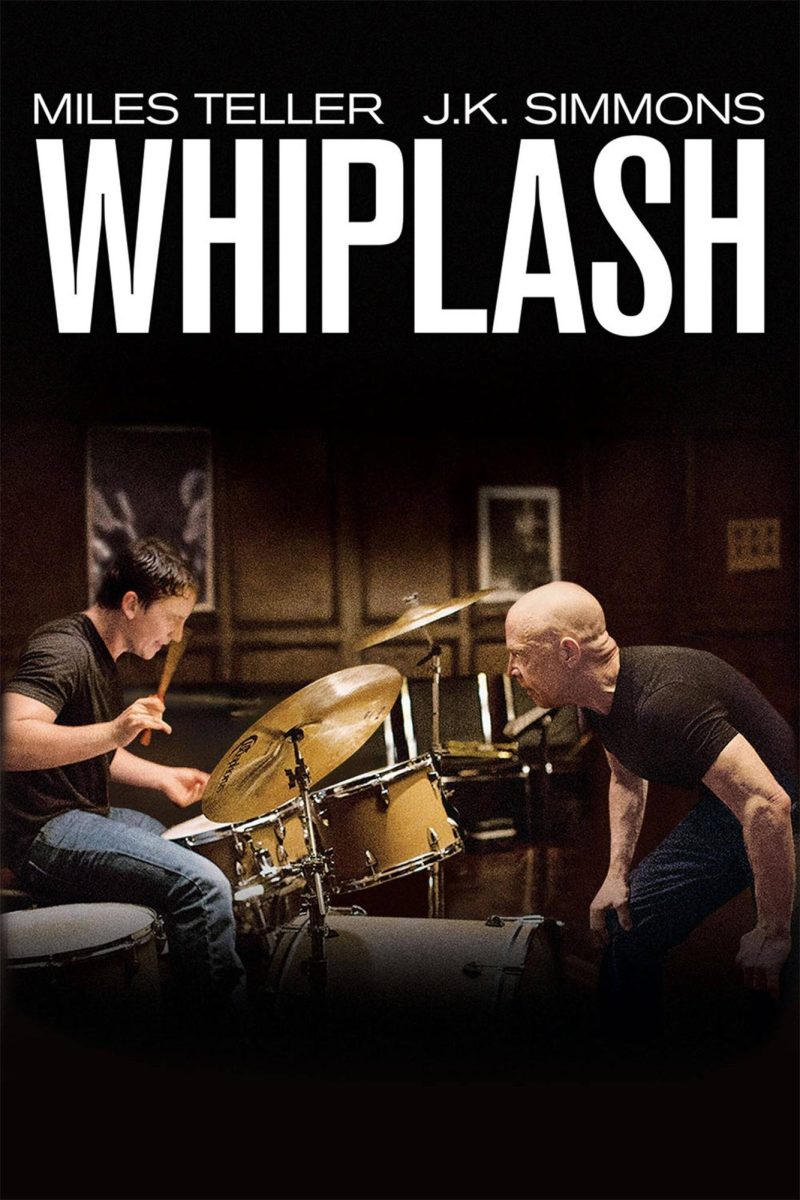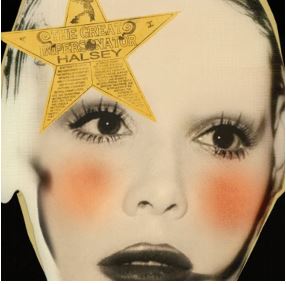As Damien Chazelle’s “Whiplash” approaches its 10th anniversary, we have a moment to reflect on its impact and the brilliance that continues to resonate with audiences and critics alike. Released in 2014, this film not only propelled Chazelle into the spotlight but also redefined the landscape of musical dramas, blending themes of ambition, sacrifice, and the pursuit of excellence.
The film follows Andrew Neiman, a young jazz drummer, as he’s pushed to his limits by his school’s elite and demanding orchestra teacher Terence Fletcher. As Andrew’s skills improve, he becomes obsessed with reaching perfection, but at what cost?
Some great aspects throughout the film start with the electrifying performances by Miles Teller, who plays Andrew Neiman, and J.K. Simmons, as Terence Fletcher. Both show so much emotion in such a way that it makes you feel uncomfortable at times, with the tension created between the two.
Simmons’ performance earned him an Academy Award for Best Supporting Actor—an award that’s well-deserved for his portrayal of a character that shifts between inspiring and terrifying. We see this throughout the film through his constant pursuit of perfection in his students, which is so captivating, making him one of the most memorable antagonists in modern cinema.
Another good aspect comes through the tense direction and editing that captures the dramatic energy of jazz music. Chazelle’s direction comes to the foreground when speaking about building tension and the emotional depth of film. The film uses its tight runtime (only an hour and 47 minutes) to craft a narrative that is both exhilarating and upsetting. The editing captures the intense energy of a jazz ensemble while simultaneously illustrating the internal struggle of a young musician pushed to his boundaries.
”Whiplash” also explores thought-provoking themes of ambition, sacrifice, and the fine line between genius (perfection) and insanity. The film somewhat proposes questions about the costs of greatness, challenging viewers to consider what they are willing to sacrifice for their passions, which will be seen with Neiman and his girlfriend. This then reflects the universal struggle between ambition and personal well-being.
Finally, the film’s iconic final scene remains one of the most discussed endings of its era, leaving the audiences with a mix of amusement and contemplation. It exemplifies the essence of “Whiplash”: a journey caused by intensity, both in performance and in the human condition.
A decade after its release, “Whiplash” remains a cultural milestone—continually cited as an example of what can be achieved with strong storytelling and dynamic performances. It has inspired a new wave of interest in jazz and has encouraged discussions on the ethics of guardians in educational environments. As we celebrate its 10th anniversary, it’s clear that “Whiplash” belongs in the Hall of Fame of Modern Classics, which not only entertains but also starts discussions about the nature of luck and success, and the emotional toll it can hit on individuals.
Although I don’t have any complaints about what I think is one of the best films of all time, some may find the film’s intensity and pace overwhelming. The way that we, or more so Neiman, are never given a break from this constant high and low in every scene in this film makes the harshness of Fletcher just so much more frustrating.
On that note, another issue with this film would be that the supporting characters are somewhat underdeveloped, and we don’t really get any story other than Neiman and Fletchers’ bumping heads. I’d like to argue that we don’t need any backstory of the other characters, but it may have been nice just to get a break from the overwhelming tensions that are laced throughout the whole film.
Overall, Whiplash is a modern classic that continues to resonate with audiences. If you enjoy intense, music-driven dramas, or that obsessive desire type of movies, this film is a must-watch. While it may be challenging at times, the rewards lie in its peak moments, powerful performances, direction, and themes. And as we revisit this remarkable story, we are reminded of the fine line between inspiration and obsession—the very essence of what makes “Whiplash” unforgettable, even after 10 years.







